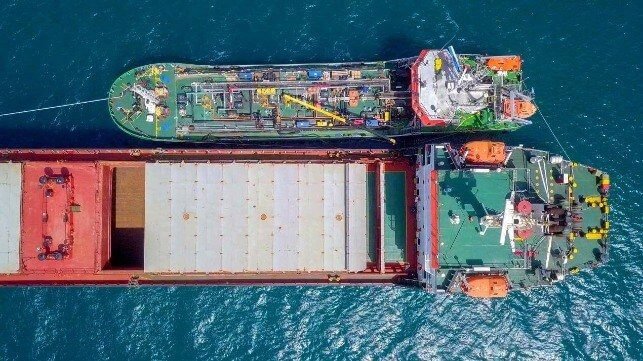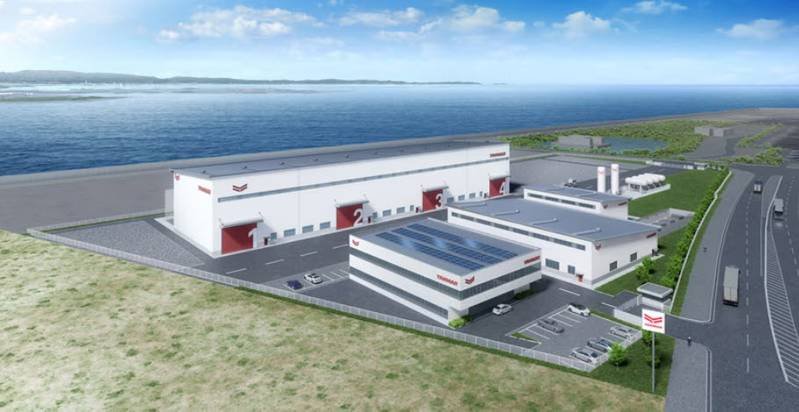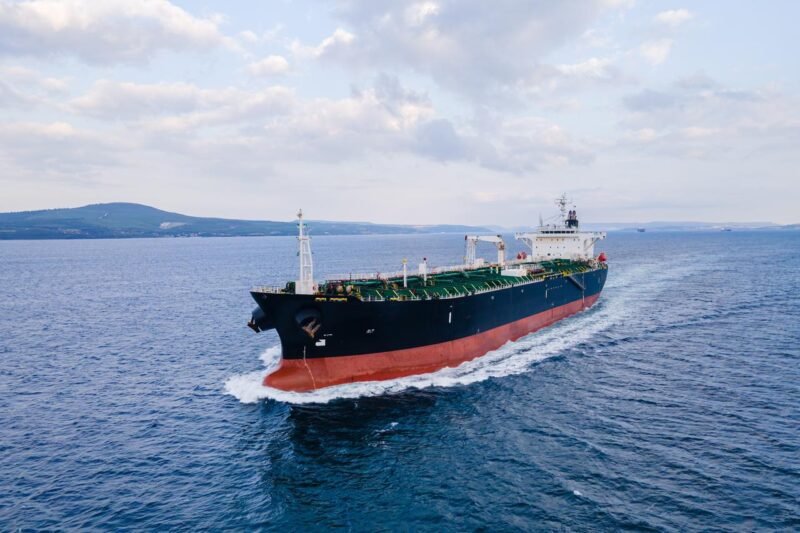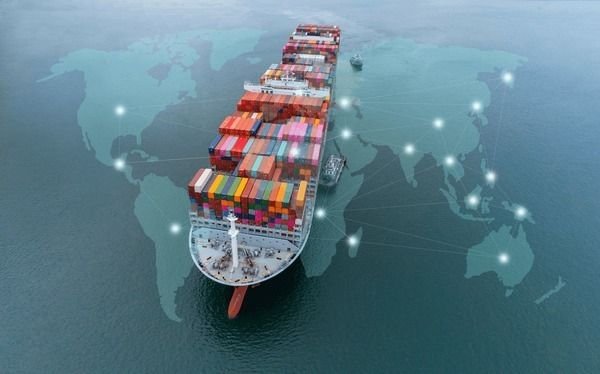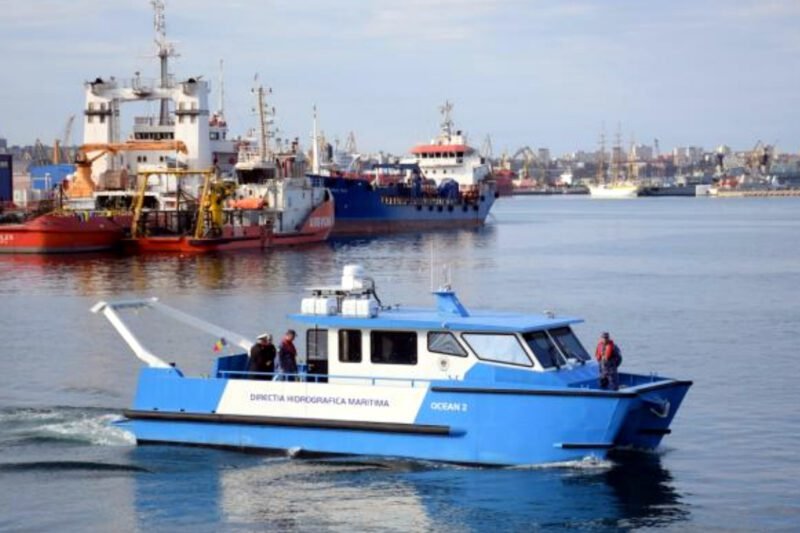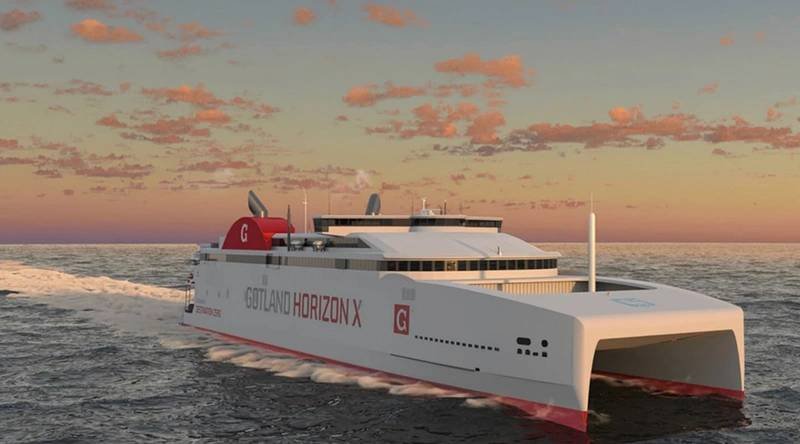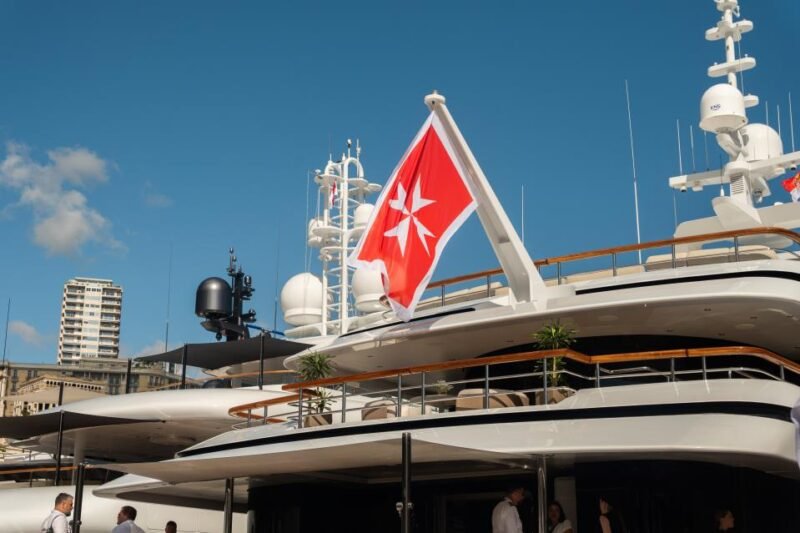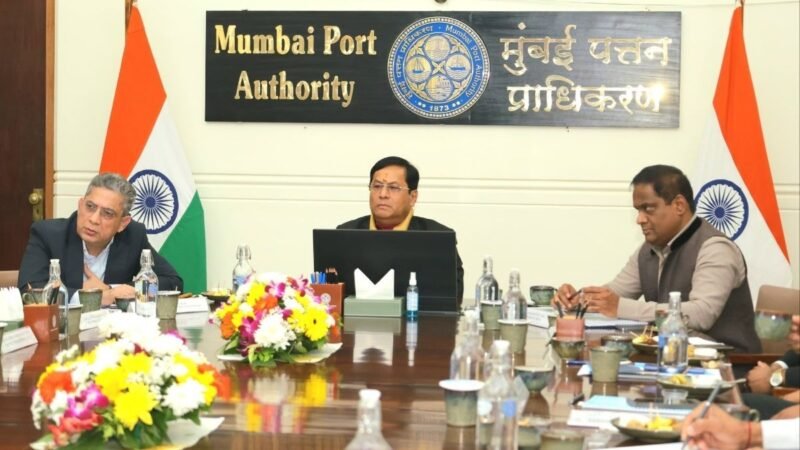Shipping companies are striving to minimize compliance costs under the FuelEU Maritime regime to avoid penalties for failing to meet carbon intensity reduction targets. OceanScore is offering initial price estimates on compliance surpluses available through FuelEU’s pooling mechanism to assess compliance costs and potential earnings from generating surpluses.
To address compliance deficits resulting from missing greenhouse gas intensity targets, companies can consider burning biofuels or LNG/LPG. Pooling is a viable option, allowing vessels that exceed targets to offset deficits of underperforming vessels. However, many shipping companies, especially smaller ones, are currently opting to pay penalties instead of pooling, which could prove costly in the long run.
OceanScore’s Managing Director, Albrecht Grell, emphasizes the importance of exploring cost-effective alternatives like biofuels and pooling to reduce deficits and compensate for non-compliance penalties. The company predicts compliance pool prices to range between €1300 and €2300, influenced by supply, demand, and the cost of alternative fuels. As the market shifts towards biofuels, compliance surpluses are expected to increase, potentially lowering pooling prices.


